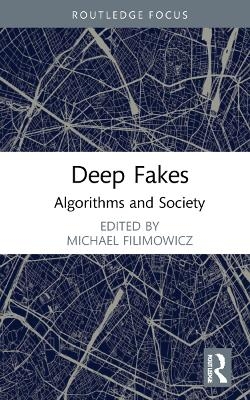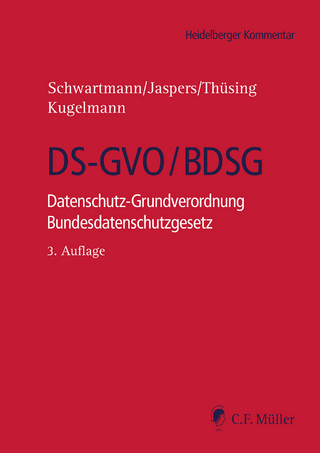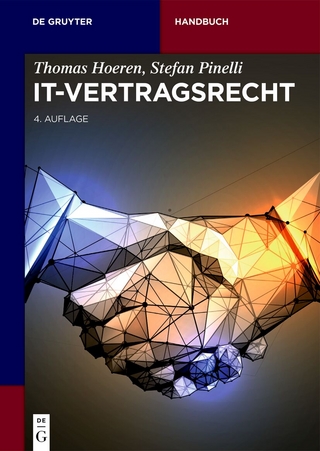
Deep Fakes
Algorithms and Society
Seiten
2022
Routledge (Verlag)
978-1-032-00260-6 (ISBN)
Routledge (Verlag)
978-1-032-00260-6 (ISBN)
Deep Fakes: Algorithms and Society focuses on the use of artificial intelligence technologies to produce fictitious photorealistic audiovisual clips that are indistinguishable from traditional video media.
For over a century, the indexical relationship of the photographic image, and its related media of film and video, to the scene of capture has served as a basis for truth claims. Historically, the iconicity of these images has featured a causal traceback to actual light rays in a particular time and space, which were fixed by chemical reactions or digital sensors to the resultant image. Today, photorealistic audiovisual media can be generated from deep learning networks that sever any connection to an actual event. Should society instantiate new regimes to manage this new challenge to our sense of reality and the traditional evidential capacities of the ‘mechanical image’? How do these images generate information disorder while also providing the basis for legitimate tools used in entertainment and creative industries?
Scholars and students from many backgrounds, as well as policymakers, journalists and the general reading public, will find a multidisciplinary approach to questions posed by deep fake research from Communication, International Studies, Writing and Rhetoric.
For over a century, the indexical relationship of the photographic image, and its related media of film and video, to the scene of capture has served as a basis for truth claims. Historically, the iconicity of these images has featured a causal traceback to actual light rays in a particular time and space, which were fixed by chemical reactions or digital sensors to the resultant image. Today, photorealistic audiovisual media can be generated from deep learning networks that sever any connection to an actual event. Should society instantiate new regimes to manage this new challenge to our sense of reality and the traditional evidential capacities of the ‘mechanical image’? How do these images generate information disorder while also providing the basis for legitimate tools used in entertainment and creative industries?
Scholars and students from many backgrounds, as well as policymakers, journalists and the general reading public, will find a multidisciplinary approach to questions posed by deep fake research from Communication, International Studies, Writing and Rhetoric.
Michael Filimowicz is Senior Lecturer in the School of Interactive Arts and Technology (SIAT) at Simon Fraser University. He has a background in computer-mediated communications, audiovisual production, new media art and creative writing. His research develops new multimodal display technologies and forms, exploring novel form factors across different application contexts including gaming, immersive exhibitions and simulations.
1. Deep Fakes: Seeing and Not Believing
2. Deepfakes and Disinformation in Asia
3. On the Depth of Fakeness
| Erscheinungsdatum | 09.03.2022 |
|---|---|
| Reihe/Serie | Algorithms and Society |
| Verlagsort | London |
| Sprache | englisch |
| Maße | 138 x 216 mm |
| Gewicht | 217 g |
| Themenwelt | Recht / Steuern ► Privatrecht / Bürgerliches Recht ► IT-Recht |
| Sozialwissenschaften ► Soziologie | |
| ISBN-10 | 1-032-00260-3 / 1032002603 |
| ISBN-13 | 978-1-032-00260-6 / 9781032002606 |
| Zustand | Neuware |
| Informationen gemäß Produktsicherheitsverordnung (GPSR) | |
| Haben Sie eine Frage zum Produkt? |
Mehr entdecken
aus dem Bereich
aus dem Bereich
Telekommunikations- und Multimediarecht
Buch | Softcover (2024)
dtv Verlagsgesellschaft
CHF 38,95
Datenschutz-Grundverordnung Bundesdatenschutzgesetz
Buch | Hardcover (2024)
C.F. Müller (Verlag)
CHF 279,95


